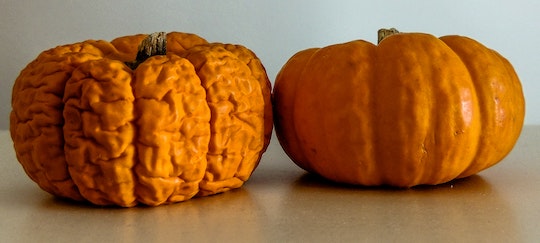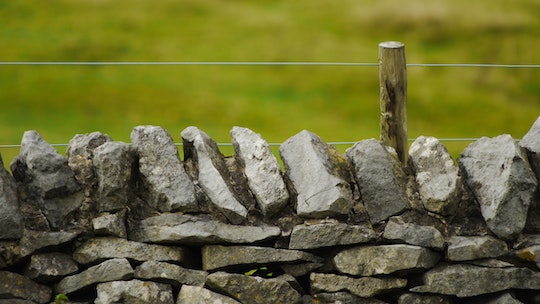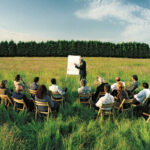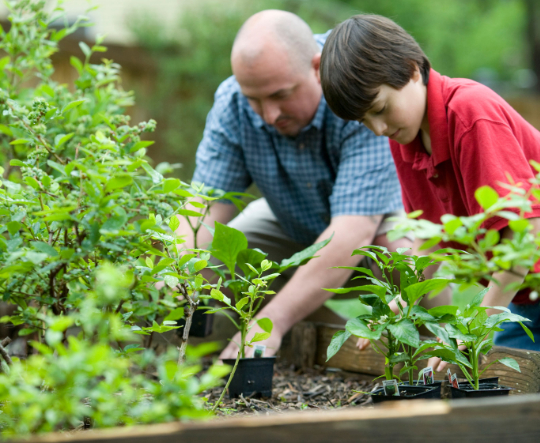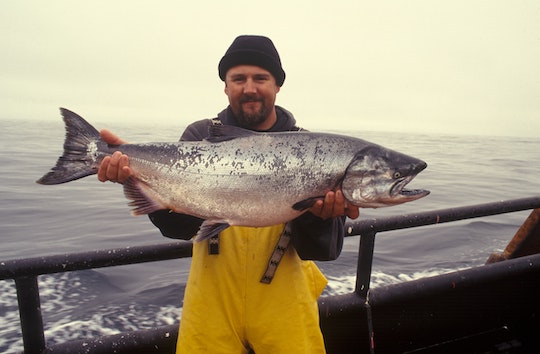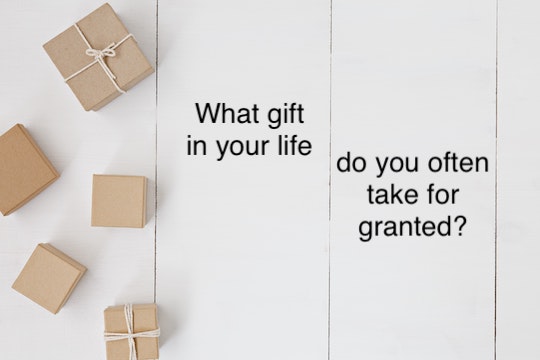“I say yes when I mean no and the wrinkle grows.”
—Naomi Shihab Nye, American poet, songwriter, and novelist
Depending on when you are reading today’s quote, try these mental exercises:
If you read it early in your day, examine the activities in your schedule related to both your professional and personal commitments. How many have you agreed to out of obligation or to not hurt others feeling? What is the cost to your vitality and well-being for betraying or going against your natural desires and instincts?
If you read it later in the day, take a moment to reflect on the many times you said “yes” when your inner voice was whispering or screaming “NO!”? How fatigued or wrinkled do you feel and look at the end of the day having handed over many hours to others to get along and keep the peace?
EXERCISE:
Examine your days carefully through the lenses of the words MORE, LESS, START, and STOP. Do your best today to save your yeses for the MORES and STARTS and voice your no’s toward the LESS’s and STOPs on your list. Hopefully you develop only good wrinkles from the smiles that will result.

